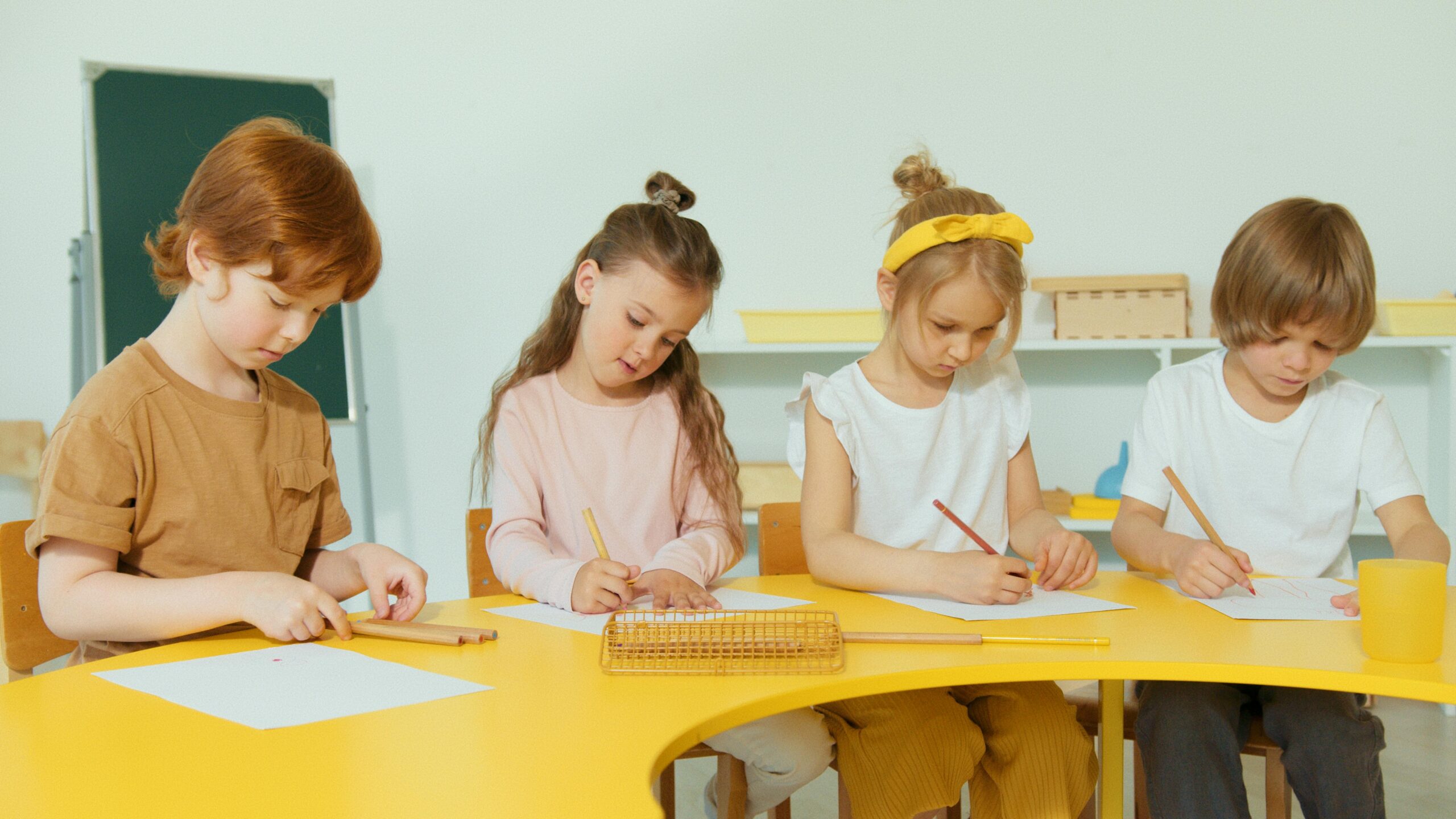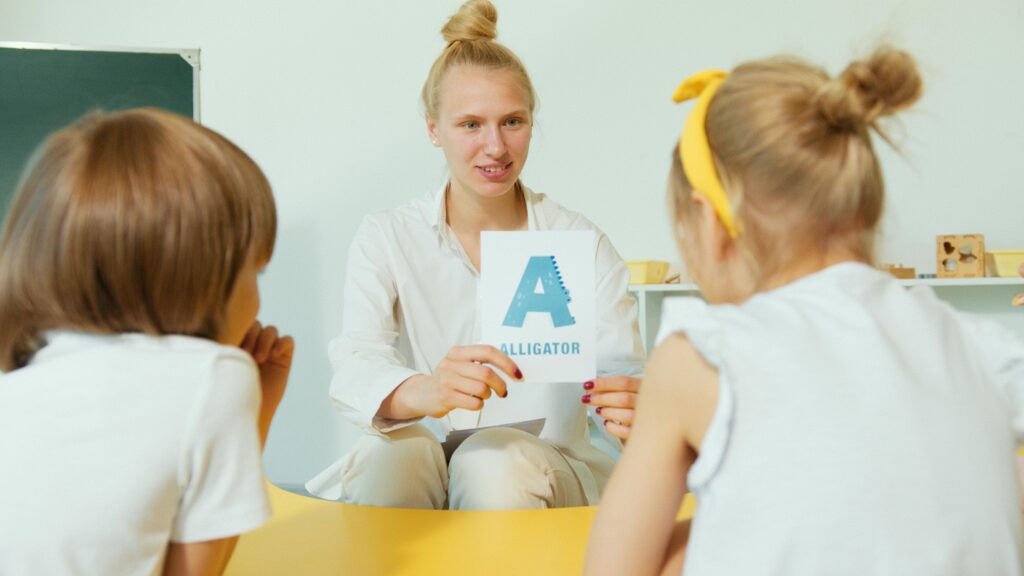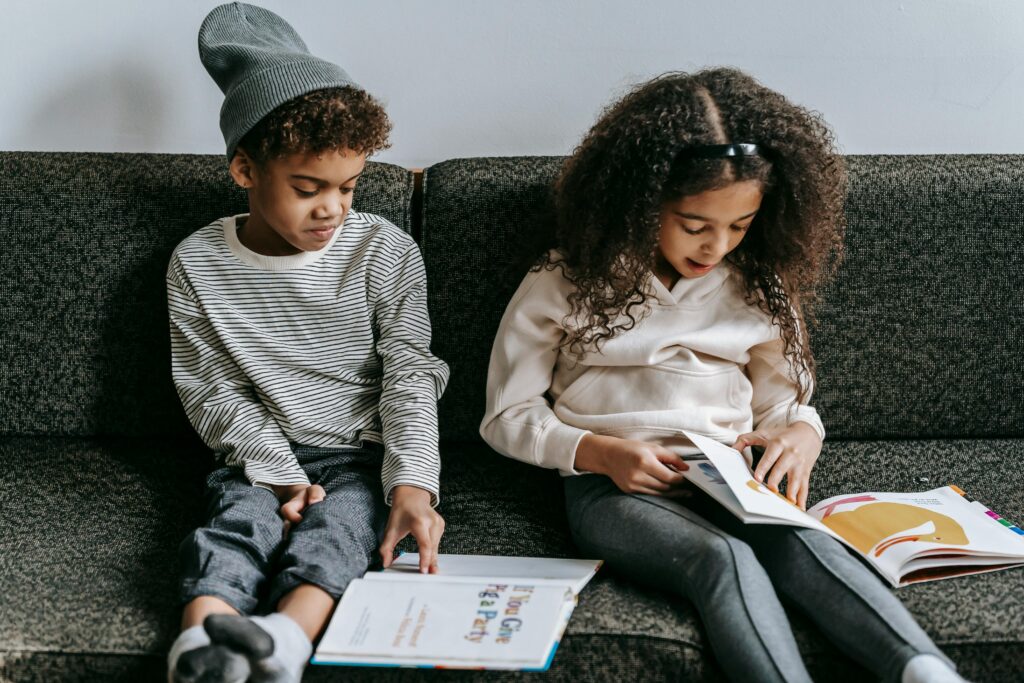
From Classroom to Confidence: How Education Shapes Children’s Development
Education is much more than the transmission of knowledge; it is the cornerstone of children’s development, shaping their minds, attitudes, and aspirations.
From the earliest years of schooling, children embark on a journey of discovery, empowerment, and self-realization that lays the foundation for their future success and well-being.
Building Foundations of Learning
The journey begins in the classroom, where children are introduced to the wonders of language, mathematics, science, and the arts. Through engaging lessons, hands-on activities, and interactive experiences, educators ignite children’s curiosity and thirst for knowledge, laying the groundwork for a lifetime of learning.
As children master fundamental skills and concepts, they gain the confidence to tackle new challenges and explore diverse interests, setting the stage for academic achievement and personal growth.

Image Source: Google
Fostering Social and Emotional Development
Education extends beyond academic pursuits to encompass social and emotional learning, nurturing children’s ability to understand and navigate their emotions, build positive relationships, and make responsible decisions.
In the classroom, children learn invaluable lessons in empathy, cooperation, and conflict resolution, preparing them to thrive in diverse social settings and contribute meaningfully to their communities.
Through collaborative projects, group discussions, and extracurricular activities, children develop essential life skills such as communication, teamwork, and resilience, bolstering their self-esteem and confidence.
Cultivating Critical Thinking and Creativity
Education empowers children to think critically, question assumptions, and approach problems with creativity and resourcefulness. By encouraging inquiry-based learning, experimentation, and independent thinking, educators cultivate children’s ability to analyze information, evaluate evidence, and formulate well-reasoned arguments.
Through exposure to diverse perspectives, cultures, and viewpoints, children develop open-mindedness, cultural competence, and a global outlook, broadening their horizons and fostering a spirit of curiosity and innovation.
Empowering Lifelong Learning and Personal Growth
Ultimately, education equips children with the tools and mindset they need to become lifelong learners and agents of change in an ever-evolving world.
By instilling a passion for learning, adaptability, and a growth mindset, educators empower children to embrace new opportunities, overcome obstacles, and pursue their aspirations with confidence and determination.

Image Source: Google
Whether they aspire to pursue higher education, enter the workforce, or pursue their passions, children who receive a quality education emerge equipped to navigate life’s challenges, seize opportunities, and make meaningful contributions to society.
Conclusion
From the classroom to the playground, education shapes every aspect of children’s development, providing them with the knowledge, skills, and values they need to thrive in an increasingly complex and interconnected world.
By investing in education, we invest in the future of our children, our communities, and our world, ensuring that every child has the opportunity to realize their full potential and contribute to a brighter, more prosperous future for all.
